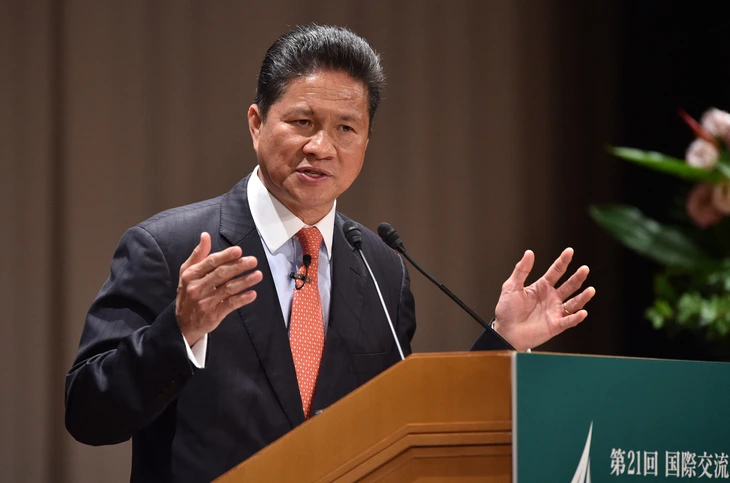
Cambodian Deputy Prime Minister Sun Chanthol - Photo: AFP
According to AFP news agency on July 8, Cambodian Deputy Prime Minister and head of the negotiating delegation Sun Chanthol said that US President Donald Trump's decision to reduce the threatened tariff on Cambodian goods from 49% to 36% was a "big victory" in the first phase of trade negotiations between the two countries.
"This is indeed a resounding victory for Cambodia in the first step of the tariff negotiation process," Mr. Chanthol told reporters. "We have succeeded in the negotiation process."
In addition, the Cambodian deputy prime minister also affirmed that the country still has the opportunity to continue negotiating with the US to further reduce tariffs.
Earlier in April, President Trump announced "reciprocal" tariffs with hundreds of global economies , including Cambodia facing a whopping 49% tariff if it wants to export goods to the US.
A few days later, the White House boss temporarily suspended these tariffs and gave countries a 90-day period to negotiate trade with Washington.
On July 7, Mr. Trump decided to reduce tariffs on Cambodian goods to 36% and extend the deadline to continue negotiations until August 1.
However, the news has not yet eased the worries of hundreds of thousands of workers in the garment industry - Cambodia's main export sector worth about $10 billion to the US last year.
"I beg the US to reduce tariffs for the sake of Cambodian workers. If they impose high tariffs, the only ones who will suffer are us workers," said Im Sothearin, 38, a factory worker in the capital Phnom Penh, worriedly.
With a salary of just $300 a month, the mother of three fears that factories will have to close, cut wages, or increase work intensity if Cambodia fails to reach a trade deal with the United States.
Sreymom, 28, who is pregnant and has worked in the industry for 11 years, also said: "If taxes are that high, companies will not have money to pay workers. I'm afraid we will have no jobs."
Meanwhile, Ms. Yi Mom, who has been in the profession for two decades, worries that if Cambodia cannot soften the blow from the US, her career could be over.
"We would have to live on low wages and not be able to support our families," she said.
Cambodia is currently subject to a temporary 10% tariff while negotiations continue. Many factories there are Chinese-owned, and the White House has accused Cambodia of allowing Chinese goods to be rerouted into the US to avoid tariffs on Beijing, further complicating the situation.
In that context, although the government declared initial victory, the fear of job loss and livelihood insecurity still looms over the minds of many Cambodians.
Source: https://tuoitre.vn/my-giam-thue-con-36-campuchia-vui-voi-thang-loi-lon-20250708184601934.htm



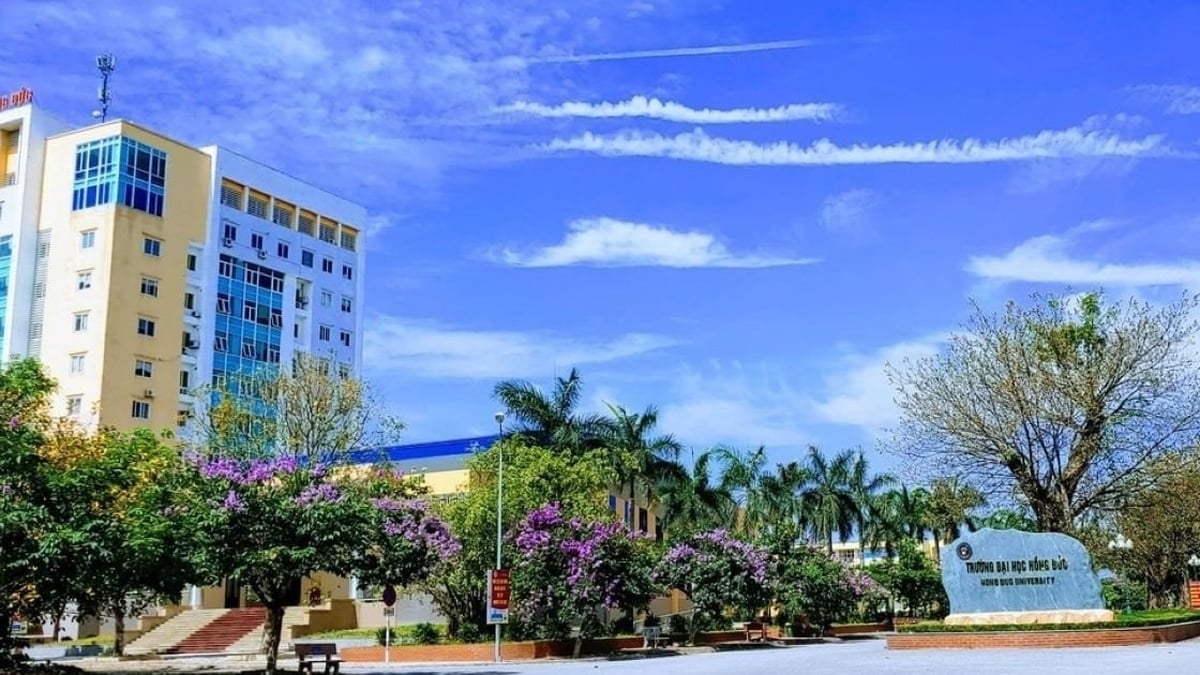
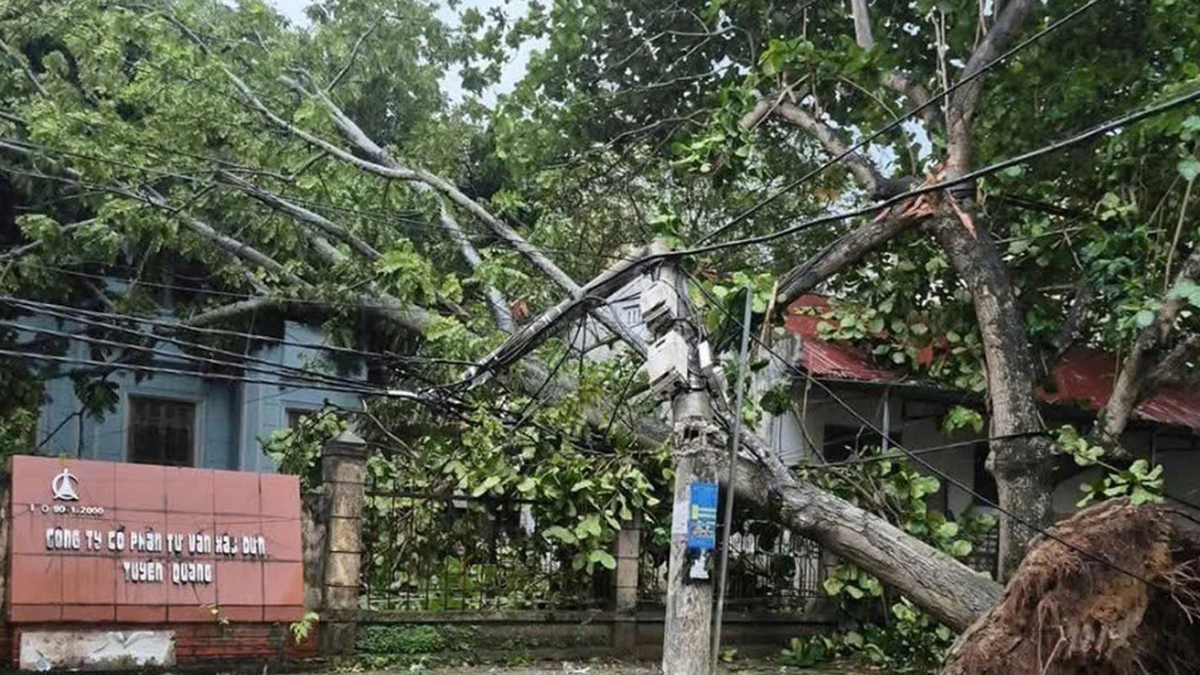

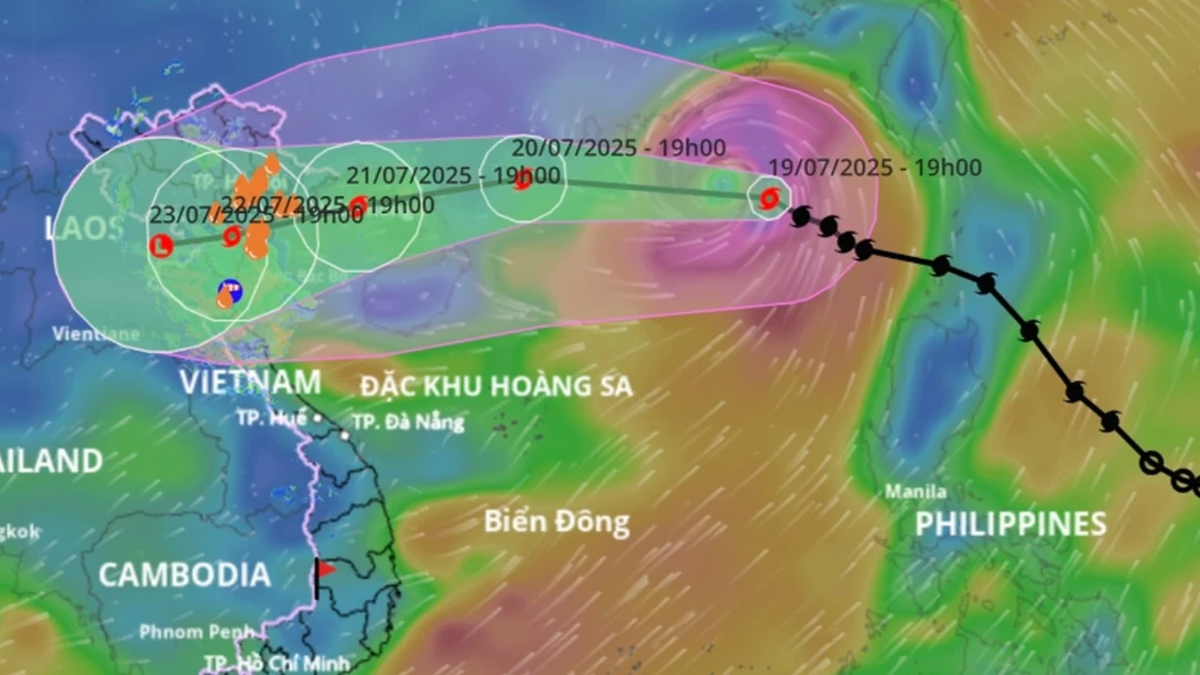
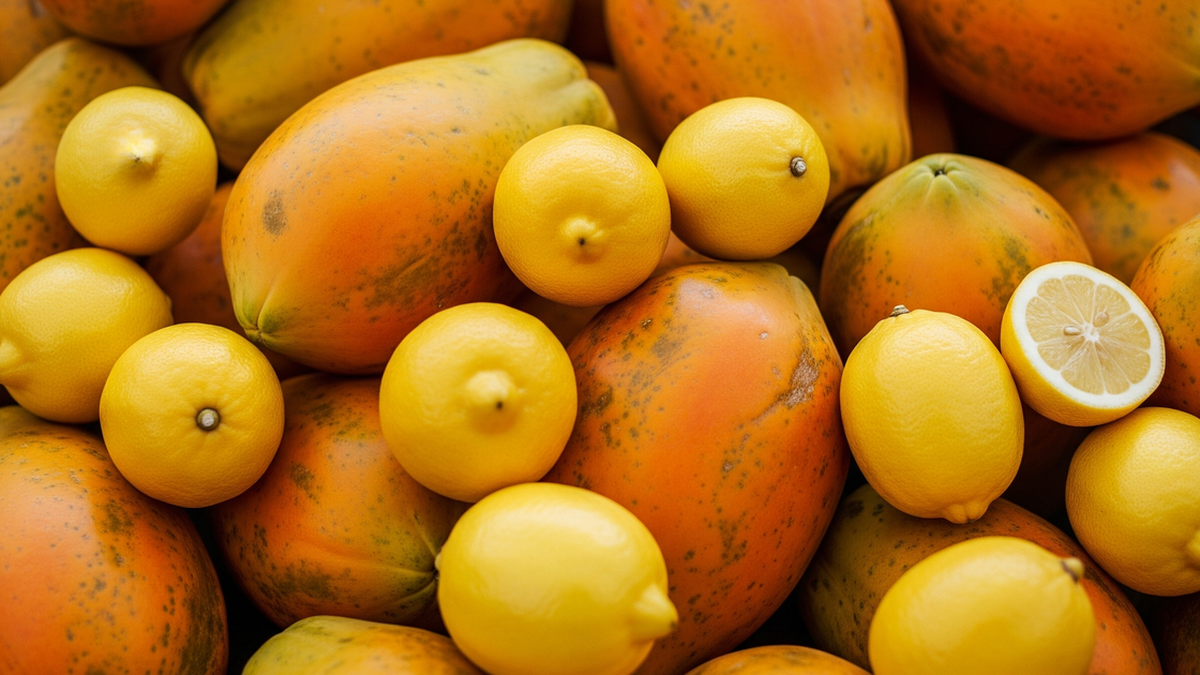
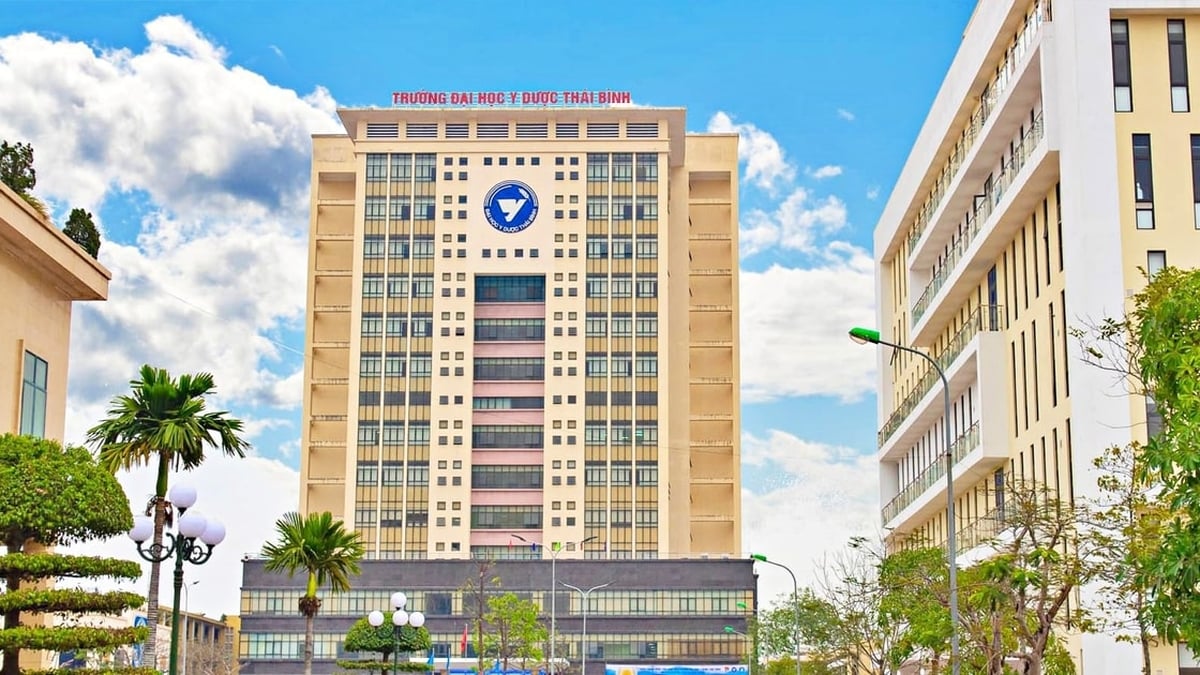
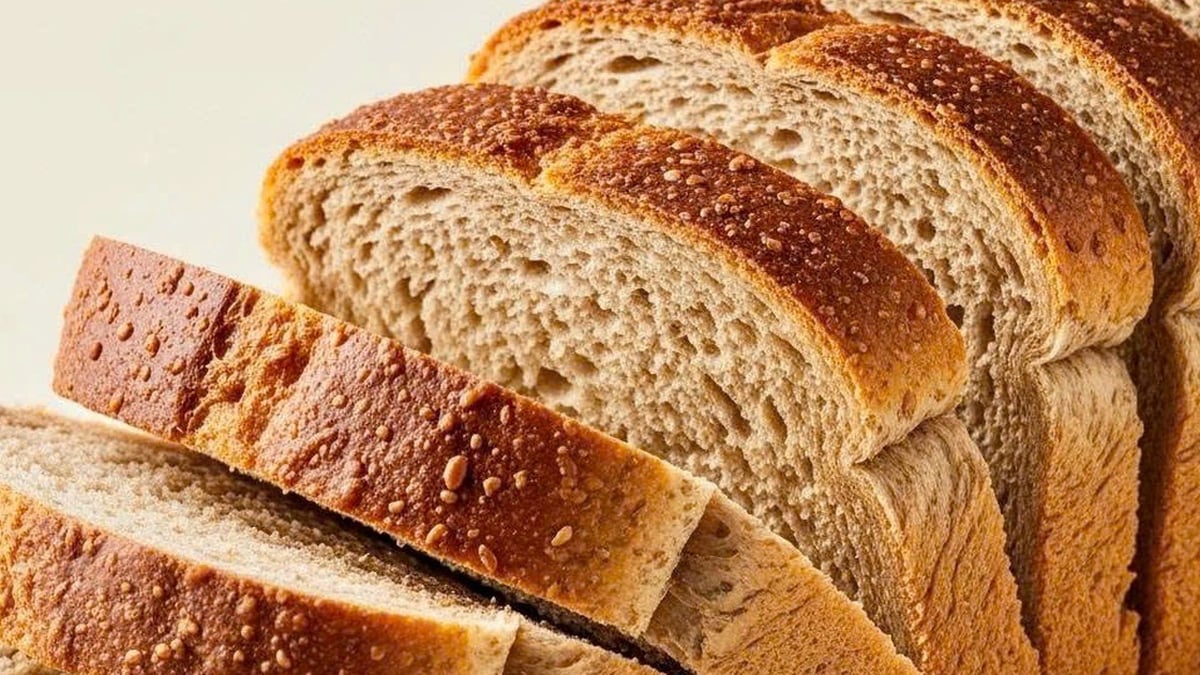
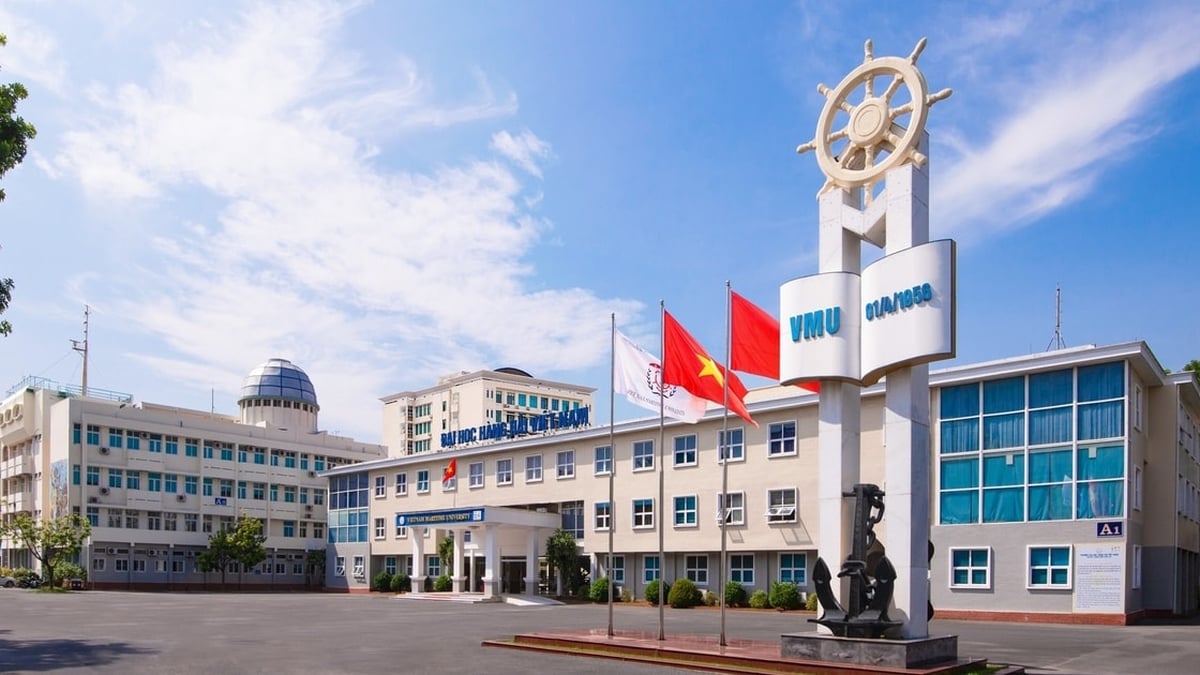
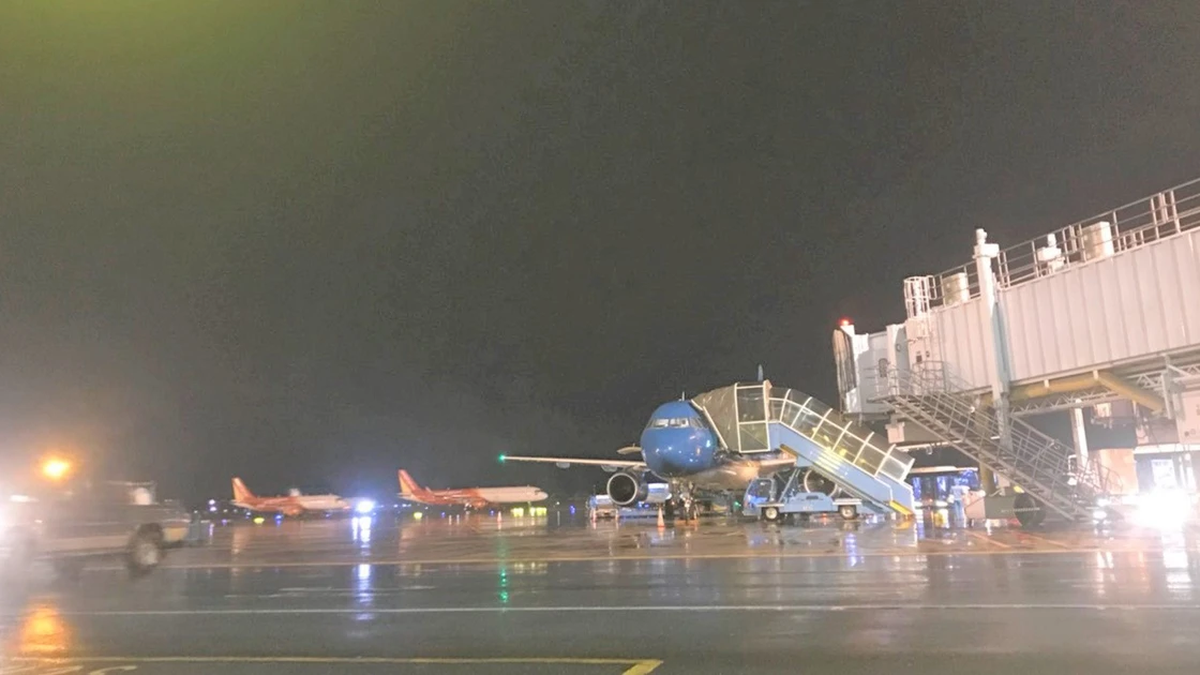





















































































Comment (0)